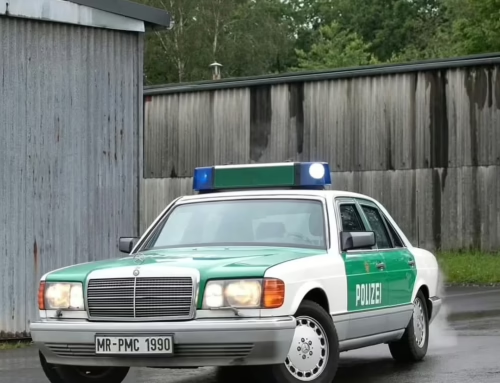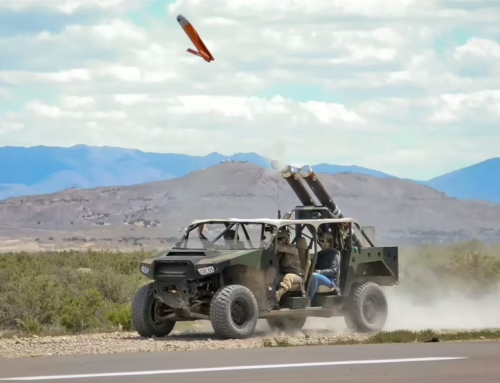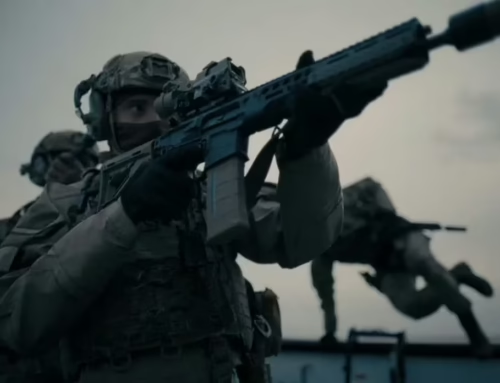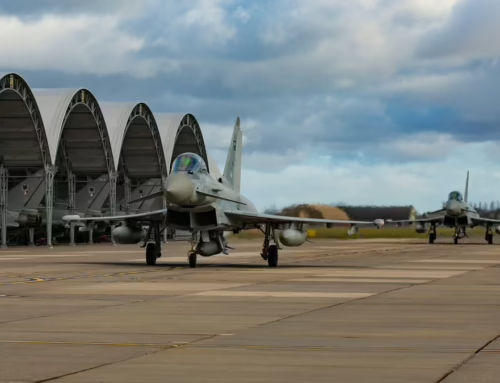The Ministry of Defence Police, also known as the MOD Police or MDP, commemorated its 50th-anniversary last year. They are a civilian police unit that provides security for the Ministry of Defence (MOD), other UK government ministries, and US Visiting Forces. Its mission is to provide specialised policing and safeguard the nation’s defences and infrastructure.
The MDP’s principal goal is to protect defence infrastructure, and it dates back to 1574 when it was founded at Chatham Dockyard.
A force of ‘porters, rounders, and watchmen’ guarded the nation’s naval yards in 1686. The first Dockyard Police Force was established in 1834, only to be disbanded after an investigation headed by the Admiralty and the Metropolitan Police. The Metropolitan Police took over policing the dockyards in 1860, and it remained in that function for the next 75 years. In 1922, the Metropolitan Police were removed from the dockyards and replaced with the Royal Marines Police, which consisted primarily of former members of the Royal Marines Corps.
The MDP’s size and organisation have changed over the previous two decades, but it has continued to protect the nation’s defences and infrastructure. The MDP turned 30 in 2001, and the Anti-Terrorism Crime and Security Act of 2001, which contained an expansion of MDP jurisdiction, was passed. The terrorist attacks on September 11, 2001, prompted the passage of emergency anti-terrorism laws expanding the role of the MDP. The MDP has been called upon to support Home Office colleagues on several notable occasions since 2001, including the 2005 London bombings, the 2006 Ipswich murders, the 2007 Glasgow Airport terrorist attack, the 2012 Olympics, the 2017 Manchester Arena bombing, and, most recently, the G7 Summit in Cornwall.
Before their formation, the MDP’s defence policing consisted chiefly of static gate tasks, pass checks, and patrolling fence lines.
Static armed tasks and fence line patrols are still essential parts of the MDP’s duty today, but the nature of the national security threat has evolved, and the force’s role has also altered. The MDP’s function has evolved over the decades to focus on specialised armed policing, counter-terrorism, and skill in dealing with large-scale protests while securing defence institutions and locations of national importance. The MDP has it all, from canine handling to marine policing, investigating crime, public order, and community policing to protestor removal. With around 2,900 cops and 300 civilians, MDP personnel are scattered across the United Kingdom.
In times of national emergency, MDP soldiers also provide a scalable armed capability to wider policing.






